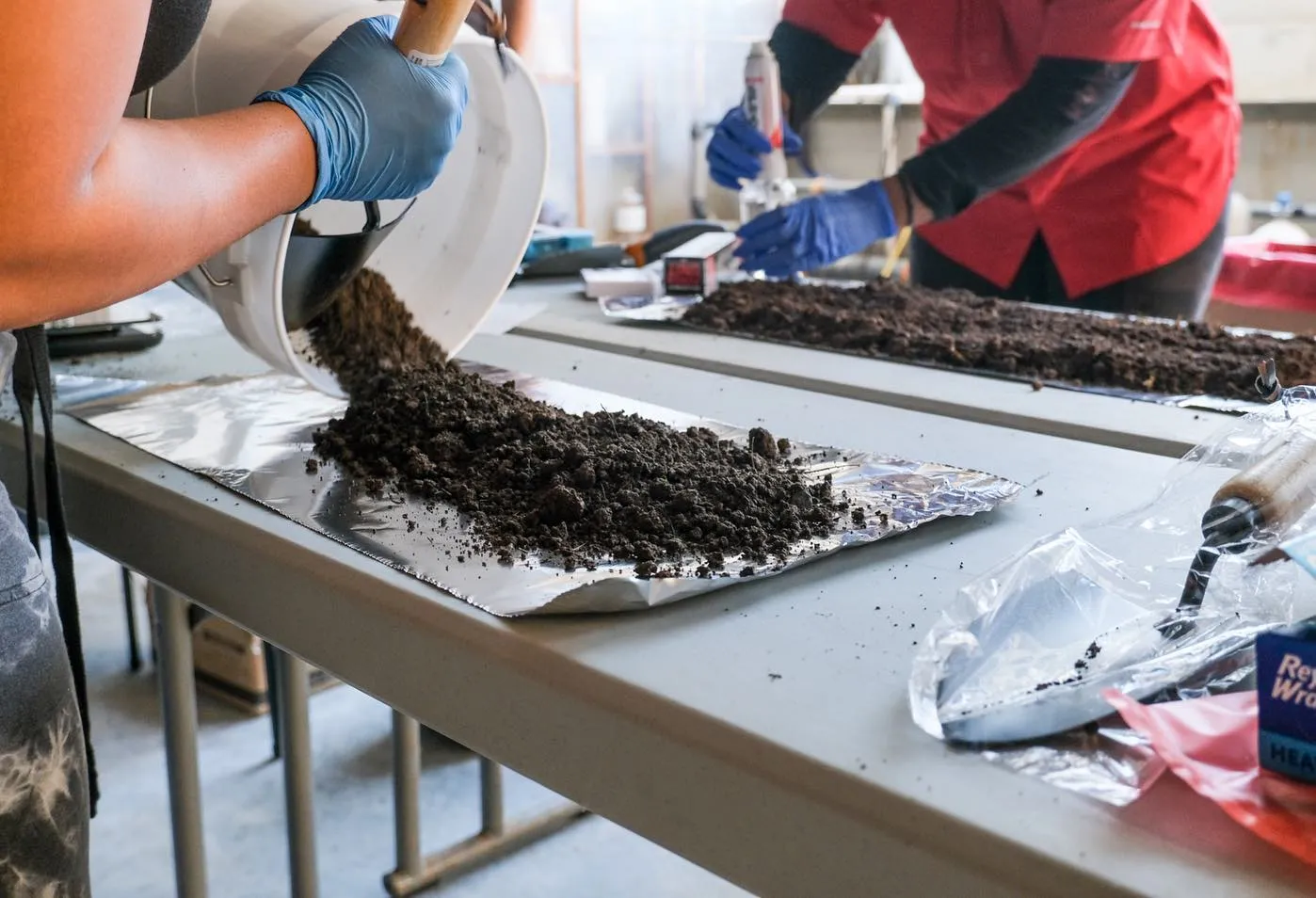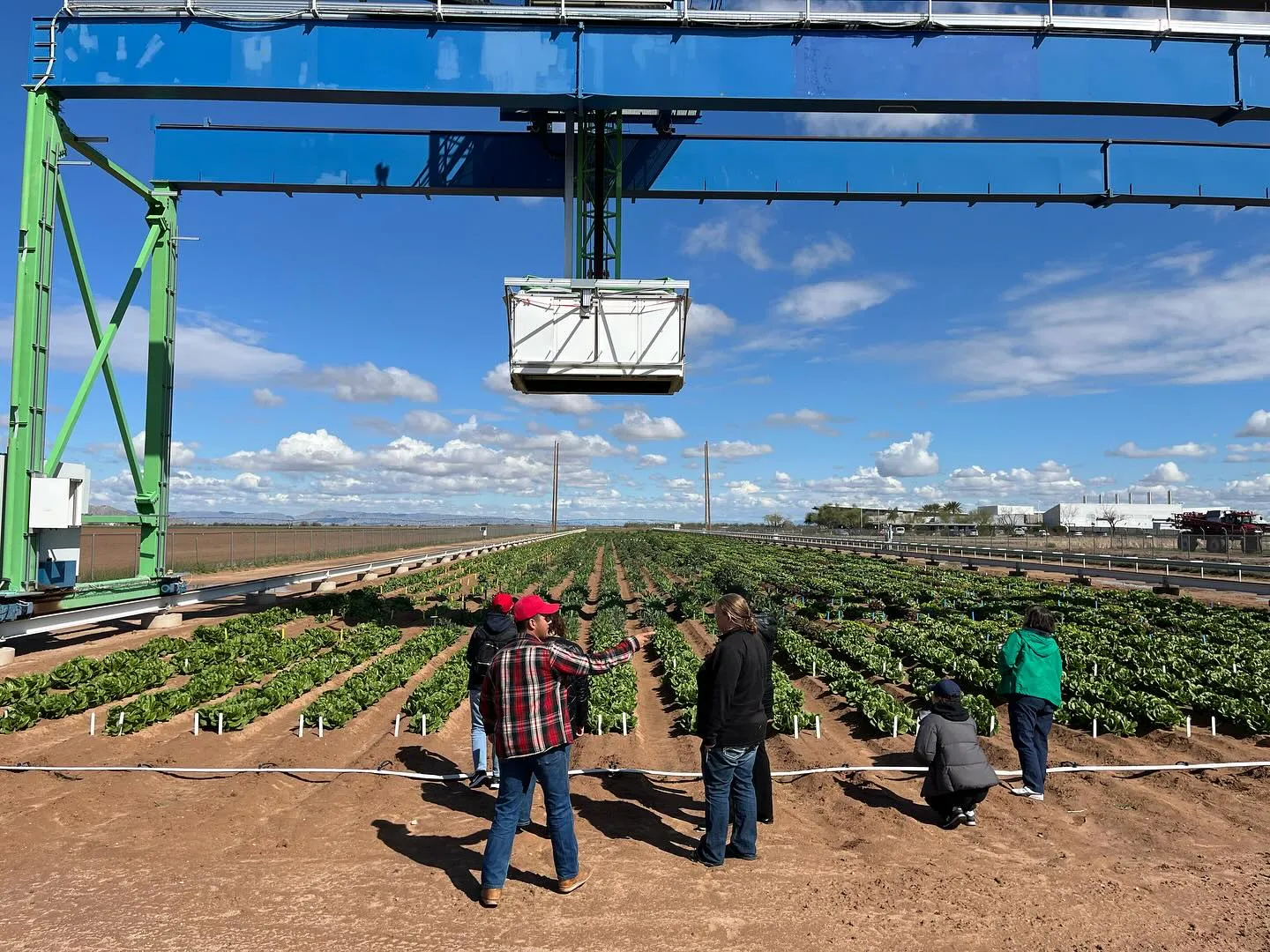We encourage internships that involve significant work with an environmental or sustainability focus to apply your course work and introduce you to available career paths. Find more internships through the College of Agriculture, Life & Environmental Science Career Center.
How to find an internship
University resources
- Watch university email listservs and follow organizations' websites for internship openings.
- Visit the CALES Career Center to schedule an appointment with an internship coordinator and search for featured internships.
- Be sure you check email from ENVS undergraduate listserv to hear about additional opportunities!
Job boards
- You must be registered for credit during the time of your internship
- Review the Internship Syllabus and Policies (below)
- Review and fill out the Internship Work Plan with your site supervisor in your internship instructor
- Send your completed forms your academic advisor to be enrolled in ENVS 393/493 for credit (paid and unpaid internships accepted)
You will prepare a presentation on your internship experience to share with your peers. Your 5 minute PowerPoint presentation followed by five minutes for questions will be scheduled during fall or spring semester and will be open to all students in the Environmental Science and the Sustainable Plant Systems majors, and your internship supervisor.
You must submit your presentation one week in advance, and you will have the option to be featured on our website. Presentations follow a template and topics include:
- Summarize your internship experience
- Include tangible examples of contributions you made to the organization:
- Reports, maps, graphs, organizational materials



